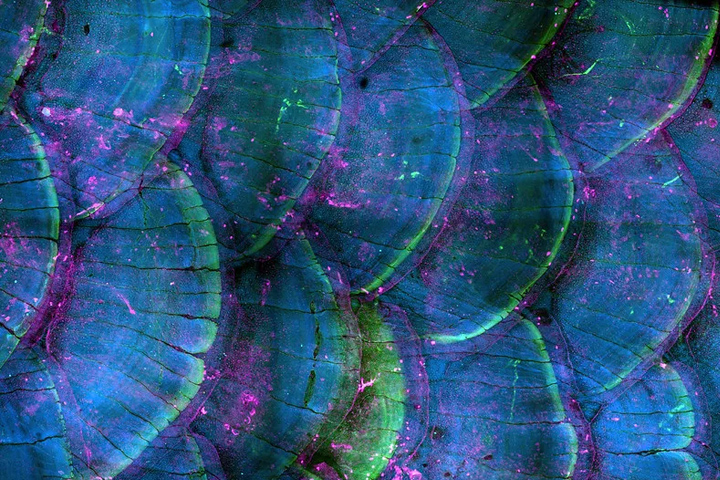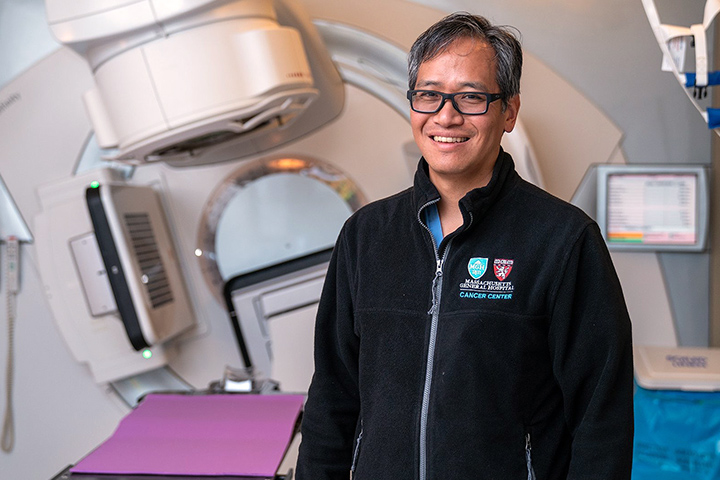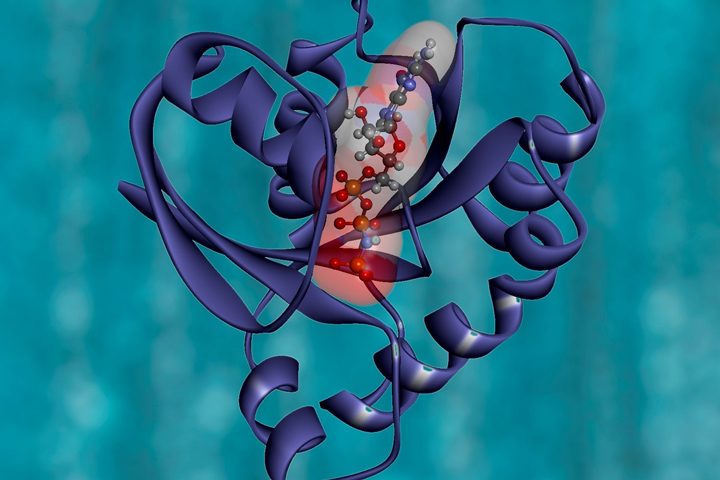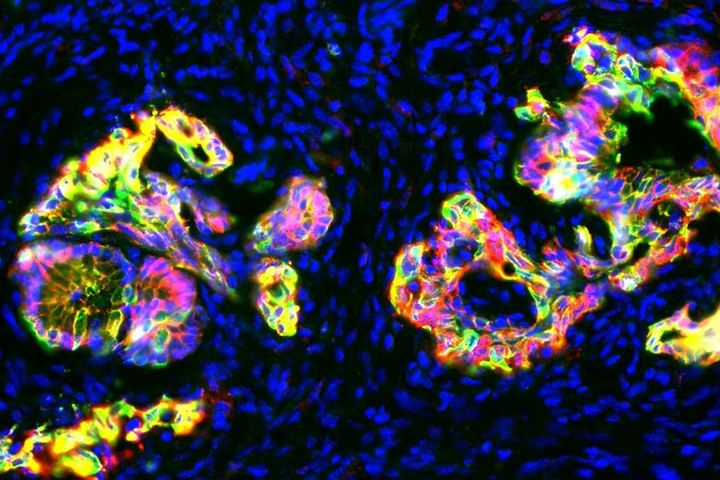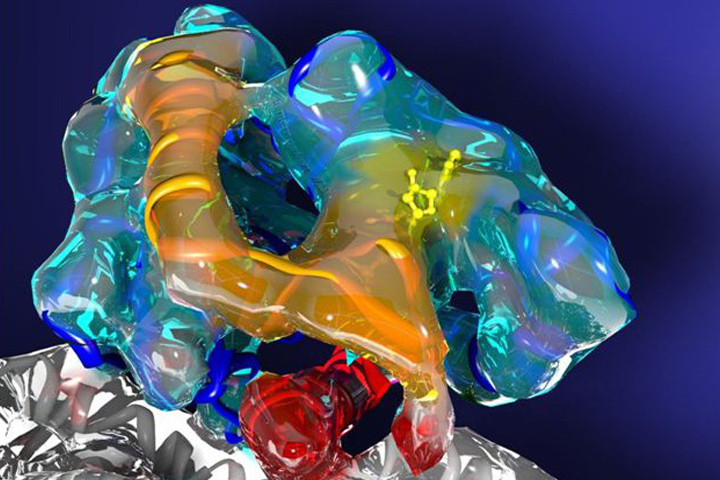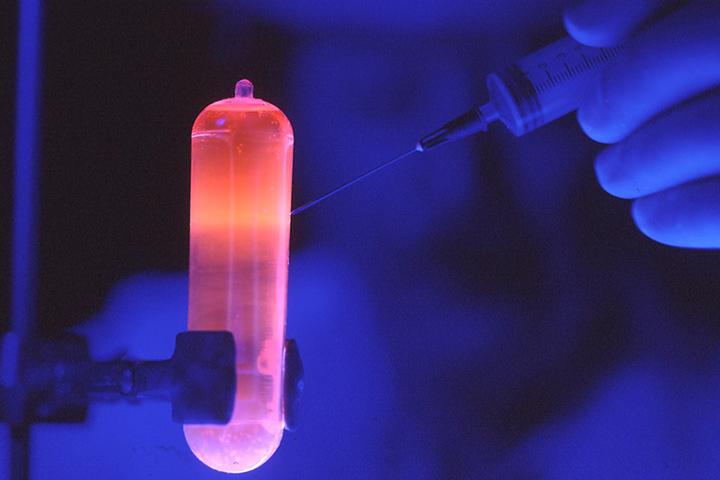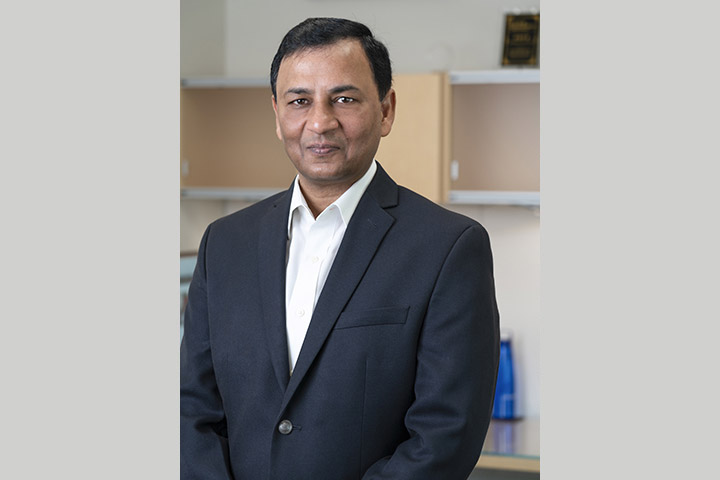New Study to Get More Minorities Involved in Genetic Testing
976 articles
New Immunotherapy Strategy Aimed at High-Risk Population
Dr. Neeha Zaidi is the lead investigator of an immunotherapy trial using a vaccine for people at high risk for pancreatic cancer.
Safety and Effectiveness of a New Drug for Advanced Pancreatic Cancer
Researchers are testing dose safety and effectiveness of a new drug for pancreatic cancer, in combination with gemcitabine.
New Study Combines Checkpoint Inhibitors with Radiation Therapy to Boost Immune Response
Dr. Theodore Hong combines checkpoint inhibitors–a type of immunotherapy–with radiation to boost the immune system in pancreatic cancer treatment.
A New Drug to Target Cancer Cell Enzymes
Researchers are testing a drug that targets the enzymes that help generate energy for cell division, to disrupt pancreatic cancer cell multiplication.
A New Approach to Treating Some Advanced Pancreatic Cancer Patients
A clinical trial uses PEGPH20, a synthetic form of a human enzyme, to make treatment more effective in pancreatic cancer patients with high tumor pressure.
A New Drug Combination to Control Advanced Pancreatic Cancer
A clinical trial for pancreatic cancer patients with the BRCA mutation tests the effectiveness of standard treatment plus a PARP inhibitor.
Precision Medicine from the Get-Go for Pancreatic Cancer
Dr. Ben George and colleagues at the Medical College of Wisconsin are using molecular profiling to determine the best chemotherapy for a patient’s pancreatic cancer.
New Biopsy Shows Promise For Pancreatic Cancer Patients
Trovagene is developing a liquid biopsy for pancreatic cancer patients, to allow doctors to test for cancer and track treatment response.
New Liquid Biopsy Shows Promise for Early Detection
Dr. Ajay Goel has a new approach to a liquid biopsy early detection test for pancreatic cancer. So far, the results are very impressive.
New Study Shows Benefit of Chemotherapy after Surgery
Should you have adjuvant chemotherapy–treatment after pancreatic cancer surgery? Dr. Marco Del Chiaro explains that the evidence says “yes.”

